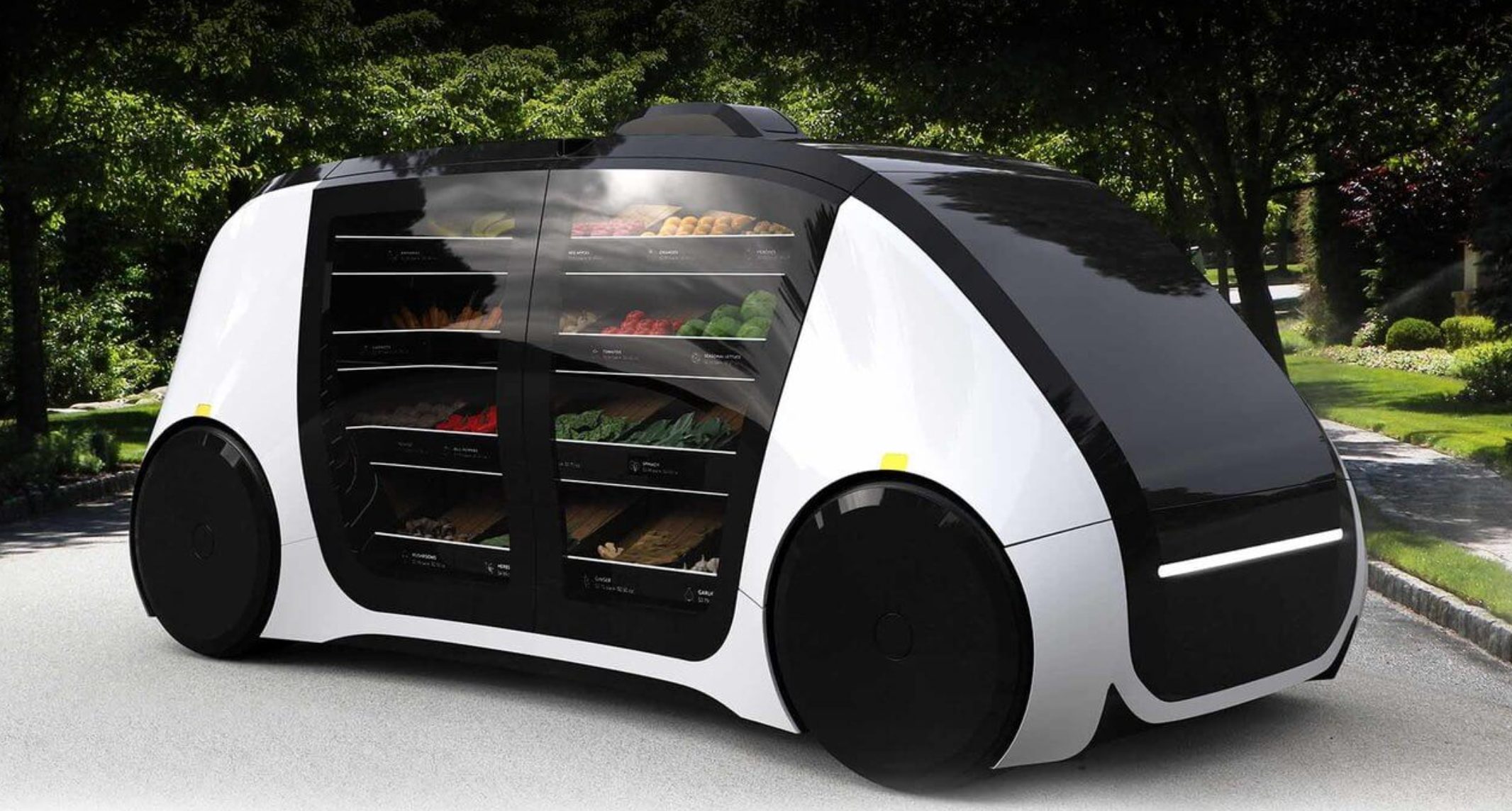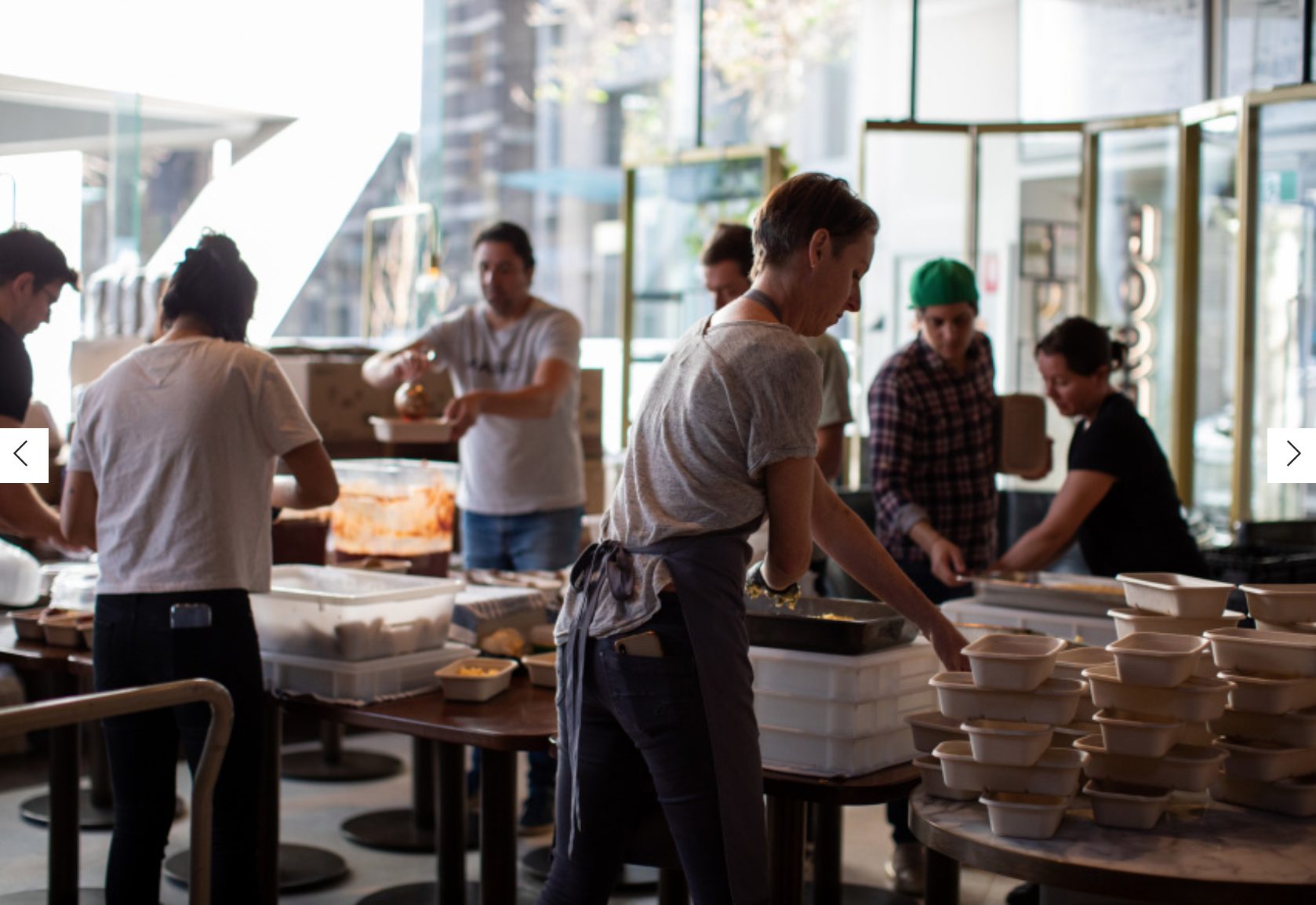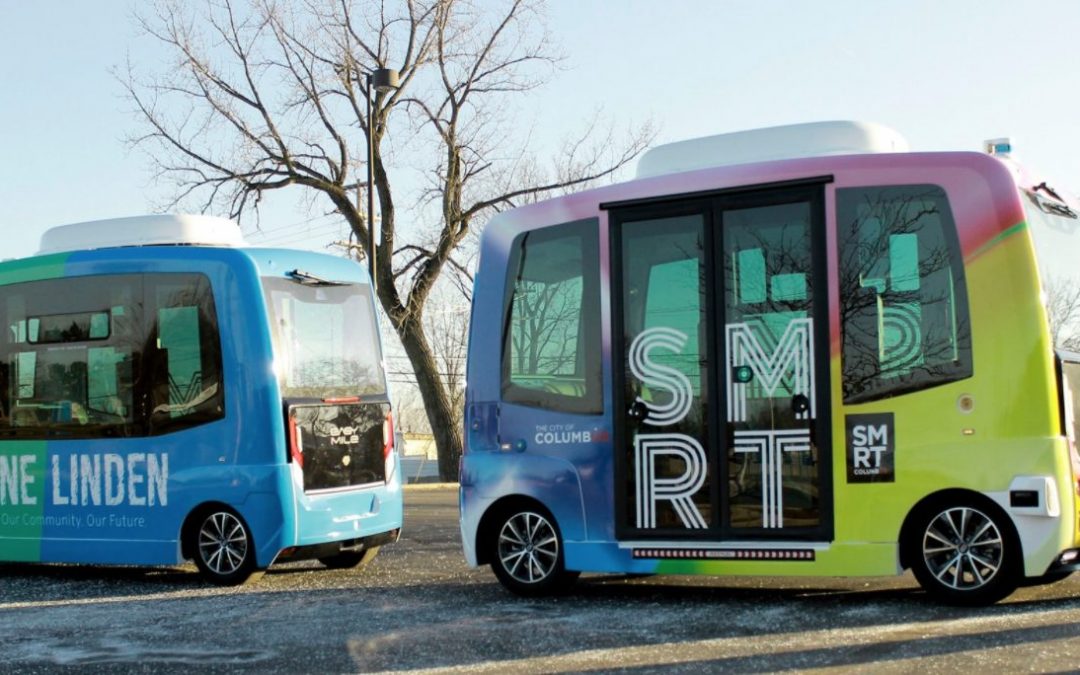Introducing the Self-Driving Food Truck
We love vehicle technology that can support our homeless and feed our hungry
Since early 2020, each and every one of us has experienced the dire impact of the global COVID-19 pandemic. The economic effects of millions of job losses, businesses closing, crippling unemployment rates, soaring homelessness, and poverty are just another spill-on effect of the medical and health issues we are facing.
Right now there are over 1 million Aussies a month in need of emergency food, a direct and unprecedented consequence of COVID-19. [Source ] And, with public health guidance urging us to continue to try to stay at home and to self-isolate, the number of loyal and diligent volunteers assisting at hunger relief organisations has dwindled to a trickle.
The largest single workforce sector impacted the hardest is the casual hospitality and tourism industry, with a very significant group of these workers falling into poverty and homelessness. Because so much of this workforce is made up of foreign labour on temporary visas, students, in Australia, they are ineligible for government support through the various JobKeeper and JobSeeker payments. [ Source ]
As Leonard Cohen’s anthem proclaims, “There is a crack in everything. That’s how the light gets in.” And, it is often from very dire situations that beauty, generosity of spirit, and humbling good emerges.
Knowing that there are more people in need of food than ever before, what can we do as a society to support these people in need?
And, what has this got to do with vehicle technology?
Enter autonomous vehicle technology with an amazing application – a Self-Driving Food Truck.

Back in 2016, the City of Columbus, Ohio, US won the 2016 Smart City Challenge with its vision to design and build a novel mobility ecosystem. This included a pilot project for self-driving shuttles, initially planned to connect residents to jobs and community resources.
Responding to COVID-19, Smart Columbus took the initiative to transform [one of] their pilot self-driving shuttles and pivoted it to become a self-driving food-truck to feed the hungry and the homeless. Autonomous, contactless, and hygienically adaptive to the health restrictions of our COVID-19 world.
Mobility pilots bring food to neighbours in need, connecting residents to reliable and affordable mobility options, and assist vehicles travel through the neighbourhood more safely.
An EasyMile LEAP shuttle will be used to transport pre-packaged food boxes from St. Stephen’s Food and Nutrition Center to the Rosewind Community Center with a trained operator on board but no passengers. [ Source ]
And that generosity of spirit can be seen just as clearly in our own backyard. While not autonomous vehicle technology, pillars of the hospitality industry in Australia and around the world have pivoted dining businesses towards social good.

Neil Perry, one of our own most esteemed chefs has swapped his internationally recognised premium portfolio for something quite different and established a new hospitality venture. A meal program called “Hope Delivery” which will produce 11,500 meals across Sydney and Melbourne for the disadvantaged, not least the visa workers on whom the restaurant industry depends. [ Source ]
In Melbourne, Ben Shewry’s Attica is churning out a hundred litres of leek-and-potato soup a day for visa workers. Whilst over in New York, Daniel Humm has announced his Michelin-starred Eleven Madison Park, ranked No.1 on The World’s 50 Best Restaurants list in 2017, will reopen as a commissary kitchen for New York’s needy. [Source]
These are just a few brilliant examples of exactly how as humankind we can use cutting-edge technology and our generosity of spirit to support each other in our times of need.
As a passionate advocate of how we can utilise technology to address emerging community needs like food insecurity through the delivery of food and pantry boxes this is fantastic and super exciting.
My Aussie friends, are we able to all do the same at home for our most vulnerable?
Angelique Mentis is the Founder of Smart Cities start-up Simply Parking and an ardent advocate of how technology can be utilised to support the various needs of our community.
Angelique Mentis is the Founder of Smart Cities start-up Simply Parking and a passionate advocate of the use of how we can collectively work together to transform our cities into smarter, more sustainable, environmentally-friendly, and vibrant communities.
So, now over to you. How do you think we can all work together to make our planet even more sustainable?


Recent Comments